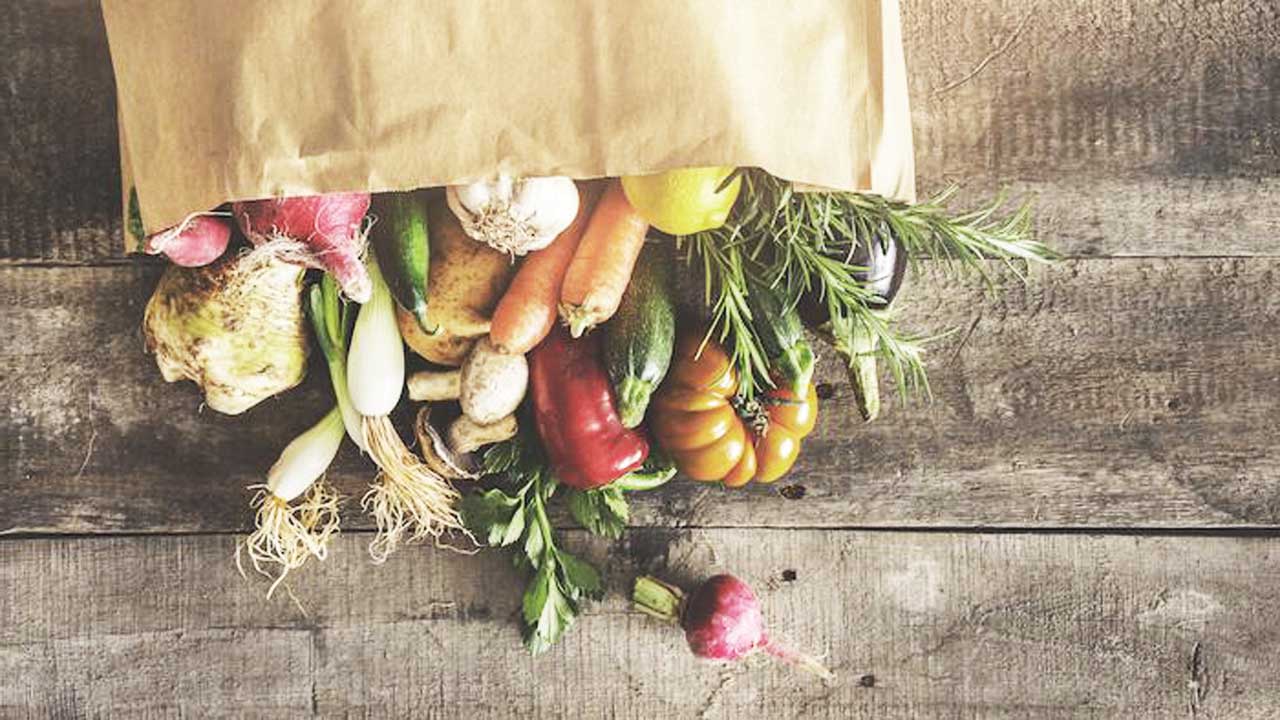Tricks to avoid getting trapped by the promises of miracle foods.
The benefits of food on our health are known and confirmed by numerous studies. Among them, several are presented as "miracles" with anti-cancer, anti-fatigue, or anti-diabetes effects. Be careful, however.
Anxiety, stress, fatigue, or depression can be alleviated with certain foods. Their fibre, magnesium, omega-3, and protein content are excellent for our health. However, we must be careful with shortcuts that are sometimes too fast. Yes, a good diet goes hand in hand with good health, but choosing the right foods does not automatically mean that you will get better. A little deciphering of some shortcuts.
Eating organic helps prevent certain cancers
In 2014, we published the results of a 9-year study that showed that eating organic food to avoid cancer is not effective. However, this correlation is often made and sometimes confirmed by studies that give rise to a certain fantasy.
Recently, a French study, carried out on 70,000 people, shows that heavy consumers of organic food would have a lower risk of developing certain cancers. While the study clearly states that this needs to be confirmed, it leaves open the idea that organic food could well prevent the appearance of certain cancers.
The number of factors involved in the development of cancer is such that it is impossible to prove a direct causal link between eating organic and being protected from cancer. The authors of the study thus explain that the population that eats organic food is also a population that has the highest income, smokes less, and has a lower body mass index. The overall attention paid to health among people who consume organic food is therefore high and could further explain why they are less affected by the development of cancer.
Eating tomatoes helps prevent skin and prostate cancer
A 2014 study concluded that a diet rich in tomatoes could significantly reduce men's risk of developing prostate cancer. Another, more recent study found that eating tomatoes reduce the risk of skin cancer.
These two studies have limitations that make their conclusions impossible to state with certainty, as the authors point out. The first study is only an observational study, insufficient to conclude a causal link. As for the second study, it was carried out on genetically modified mice, which are more at risk of developing skin cancer. If the conclusions bring interesting elements, everything remains to be proven to conclude that this can be found in humans.
Broccoli protects against diabetes
Several studies have shown that broccoli contains an antioxidant that can fight type 2 diabetes. This antioxidant, sulforaphane, has proven to be highly effective in the treatment of this disease without the troublesome side effects of conventional metformin-based treatments.
The interest presented by this antioxidant is a definite advance, but here again, the authors warn against taking too quick a shortcut. Yes, broccoli could help against this disease but no, eating broccoli does not protect against diabetes. A myriad of factors must be considered before making such a claim.






No comments:
Post a Comment